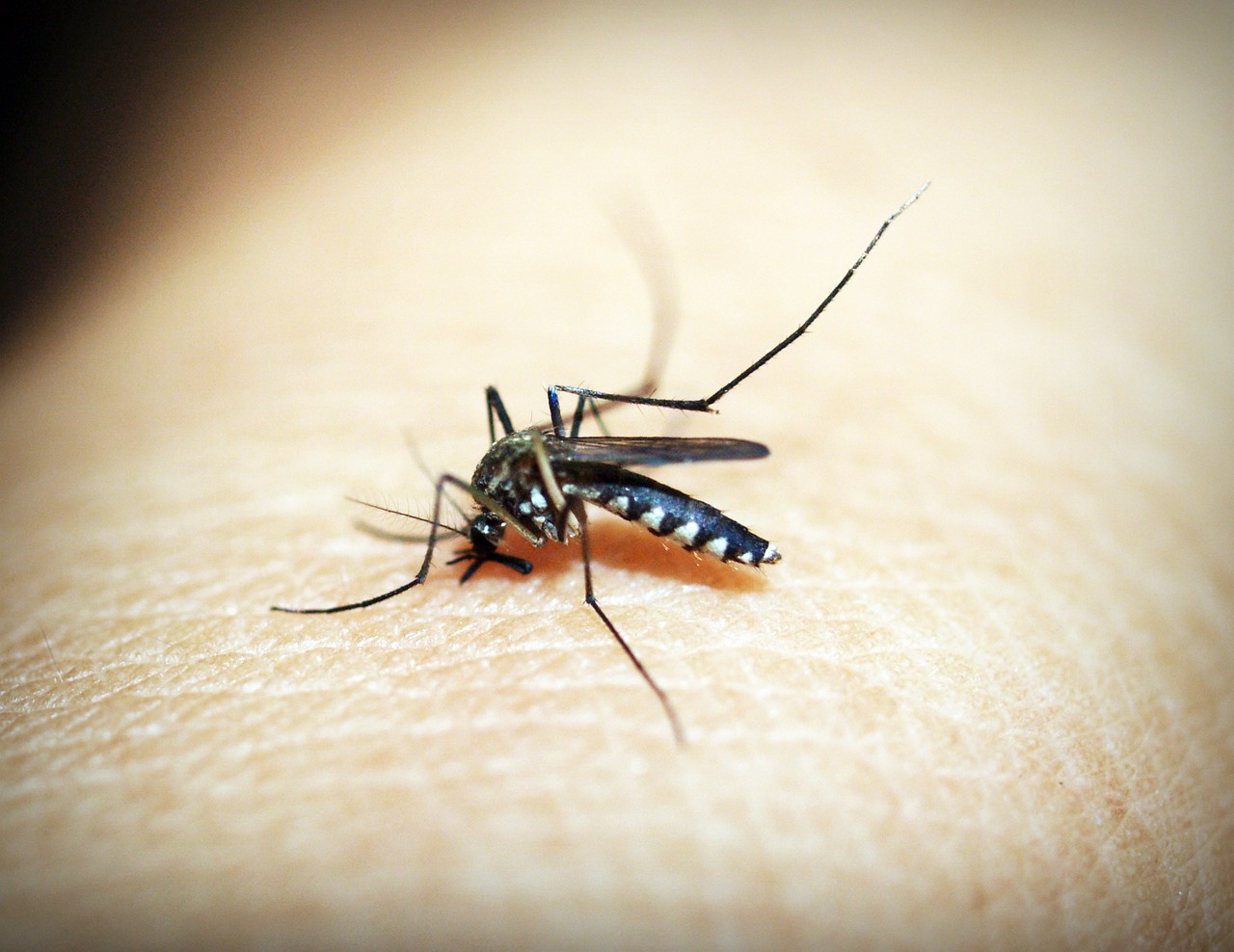Malaria is a parasitic disease transmitted to people through mosquito bites, most commonly through a mosquito called Anopheles stephensi. In many low-income countries, where people often lack access to insecticides to kill mosquitoes and drugs to treat the disease, malaria is a leading cause of death. According to the World Health Organization (WHO), in 2015, about 438,000 people worldwide died of malaria.
Symptoms of malaria can range from uncomplicated–a six- to ten-hour attack consisting of fever, headaches, chills, and sweats–to severe with infections combined with serious organ failures and blood problems. Malaria infects human liver cells, and then human blood cells, where they can be transmitted to blood-feeding mosquitoes. This repeats in a deadly cycle.
Image Source: Henrik Sorensen
To combat malaria, researchers at UC San Diego and UC Irvine have created mosquitoes with malaria-resistant genes. In other words, these gene-edited mosquitoes cannot contract malaria. By introducing them into the wild populations, the mosquitoes could interbreed with regular mosquito populations and produce offspring with genes resistant to malaria.
After targeting specific locations to insert the malaria-resistant genes, these researchers used clustered regularly interspaced short palindromic repeats (CRISPR), a gene-editing tool, to insert antibody genes into the sex cells of mosquito embryos. They also included an extra gene for glowing red eyes as a visual marker for the malaria-resistant genes.
Ultimately, the study showed that 99.5% of the offspring had red fluorescent eyes, and 99.5% of the mosquito offspring were unable to contract or pass on malaria, meaning they had inherited the malaria-resistant genes.
Although the study demonstrated significantly high rates of passing on malaria-resistant genes, the method cannot yet be practically applied to the real world. The researchers must first confirm that the antibodies really work against the malaria parasite, as well as obtain permission from countries struggling with malaria, in order to use the mosquitoes.
With further research in this area, the world could eventually eradicate the spread of malaria–the study just brings scientists one step closer to that goal.
Feature Image Source: Freeimages9










